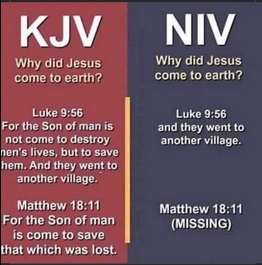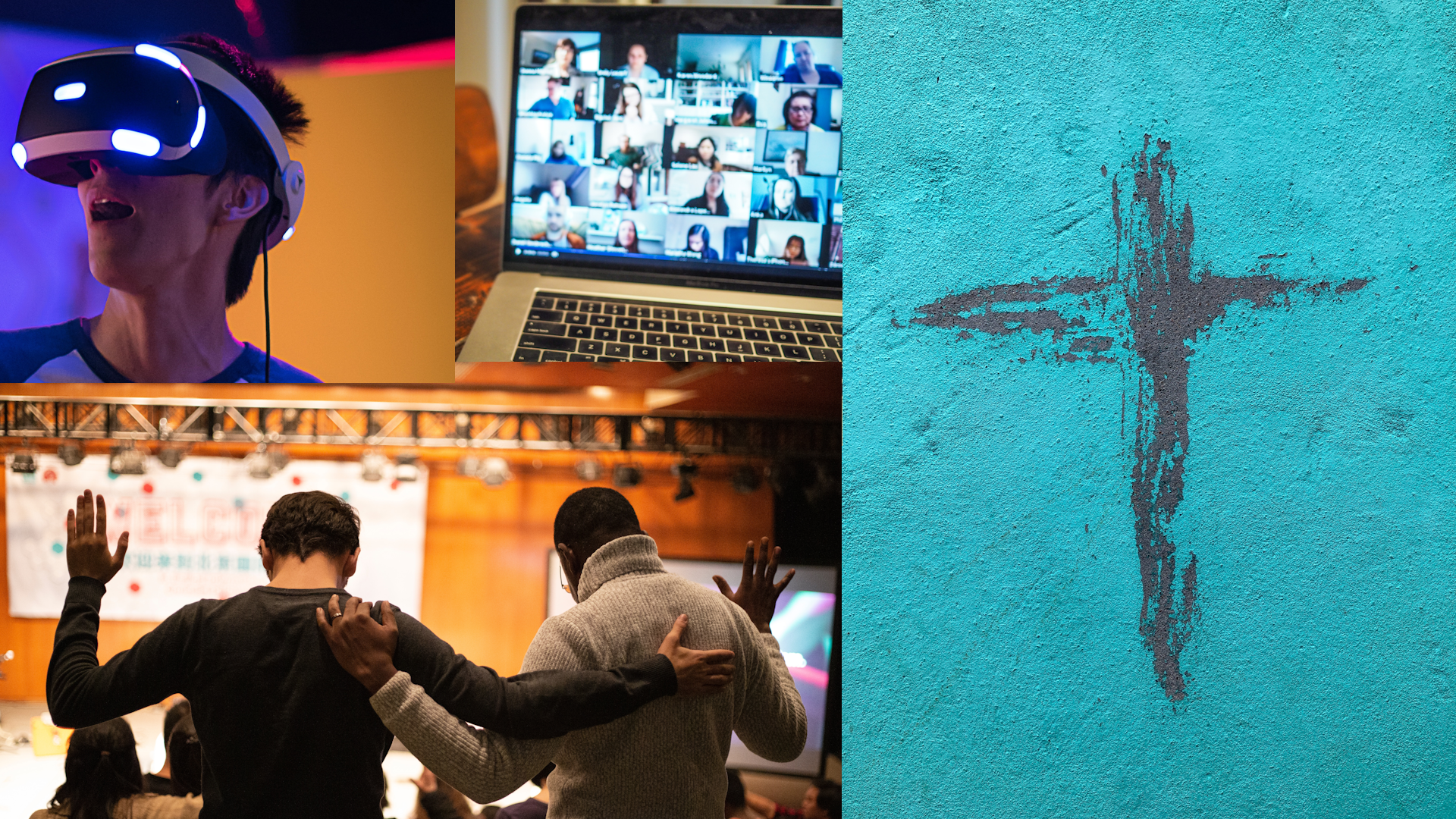I’ve long been interested in the monastic life. Not sure I could handle it, honestly, but then again, God’s not calling me to it, either. That is normally a prerequisite. However, there are certain aspects of it that entice many of us, because we understand that there is indeed something very different about such a kind of life.
A very brief history
The Orthodox and Roman Catholic traditions have long upheld the importance of monastic orders. The Protestant traditions, on the other hand, killed off the monastic traditions. This even includes the Lutherans, whose founder, Martin Luther, was a monk.
Today
Modern and Post-Modern Protestants continue, however, to show a fascination with it (again, myself included).
This is why Thomas Merton, Brother Lawrence, and others have books that are shared and read among Protestants, and sometimes even shared from the pulpit. Contemporarily, John Mark Comer, for example, has written popular books—The Ruthless Elimination of Hurry and Practicing the Way—that are very monastic in tenor. From the non-Christian monastic tradition, we have Jay Shetty’s Think Like a Monk. There are plenty of others.
Where it appears
In my smaller circles, in both the Church of the Nazarene and digital church expressions, there is a strong interest in the monastic life and way.
The big draw, so to speak, seems to be the Rule of Life. However, the Rule of Life most seem to be referring to is their own Rule of Life, which is actually not very monastic.
The founder of a monastic order writes the rules. The postulant, novice, and professed follow the rules. Yet, the dominant view is that we make our own rules. This submission (despite its baggage) to the rules is part of what makes a Rule of Life and the Order that defines it what they are.
The Nazarene Rule of Life
As I have looked at others’ Rule of Life, I came to the realization that The Church of the Nazarene has its own Rule of Life. It is called the Covenant of Christian Conduct.
Now, I admit that the “Christian Conduct” in the title is often a struggle (including for me). Its implication (which I have had to confront) is that those who do not adhere to it are not Christian. This, of course, is false.
When one reads the Covenant of Christian Conduct, one realizes that it is a Rule of Life. Historically, we’ve tied it to membership within the local congregation of the Church of the Nazarene.
Becoming a Rule of My Life
As a relatively new person in the Church of the Nazarene, I was not around when the Covenant of Christian Conduct was used as a goad (sometimes abusively it seems), which caused many to rebel against it. This is why Rule of Life may often not apply to a congregation (or even a denomination).
The reality is, though, that we often choose to submit to rules that we do not like so that we can get along with others. In particular, we do so to get along in a particular community where we have found a semblance of home.
When I came to the Church of the Nazarene, the remaining dominant rules were against smoking and drinking. Smoking wasn’t the biggest issue, as I had my dallying it with it long ago. Drinking was an issue, but it didn’t take me very long to determine that I would submit to this rule. Yes, submission was still a choice.
The Hardness of a Church Rule of life
While I have long come to grips with the Covenant of Christian Conduct (though, still not the title), I know many within the wider body of the Church of the Nazarene, and even among the clergy still struggle with it. Much of it has to do with how the Church of the Nazarene has tied it to membership. People want to belong to the community but not necessarily adhere to the Covenant of Christian Conduct.
We, as a denomination, seem to have come to a point where we hold that it is our ordained and licensed clergy that must uphold the Covenant of Christian Conduct, while lay members do not. I’m okay with that.
The truth is that every church, organization, and even culture (religious or not) has a rule of life. Culture’s rule of life is a lot more nebulous, and in the US it has a tendency to change very rapidly, defying the stability of a deep rule of life.
I don’t know how to define it, but we generally view Rules of Life as if we must agree with all of it to submit to it. We actually lose a lot of its value when we make it about us as the individual, rather than us as the group.
I know that people will continue to adamantly oppose the Covenant of Christian Conduct’s stance on alcohol, smoking (tobacco or marijuana), sexuality, and a myriad of other things.
Rule Versus Covenant
In an era of Home Owner Associations, covenant has lost much of its spiritual weight. The religious aspect has an understanding that God is in the agreement between parties, thus making it a 3-way agreement of life lived. Covenant remains valid withing a Christian church due to the religious covenantal understanding, but I’m not certain that even we in the Church of the Nazarene understand it that way any longer, even among our clergy.
Supposedly, a covenant could not be amended either, but Home Owner Associations and the Church of the Nazarene amend their covenants. Thus, to be theologically more aligned with the concept of covenant, Rule is a better word for our association.
They Do Not Like the Rules
Last, but not least is the issue many pastors have, “people thing our rules are silly (or stupid or something), and won’t join the Church of the Nazarene.” As we watch church attendance decline, with or without our covenant in place; as we watch society’s fabric fray as its rules change at a shift of wind; as we question the future of the church as we know it; perhaps we made it too easy to get on and off the bus.
I know that people don’t want to be known for what they are against. It is a philosophy I understand and with which I am in alignment. Yet, I do believe there is a big difference in being against alcohol and being for temperance, for example (as alcohol is a big cultural piece here in the Pacific Northwest). I get that people who like their alcohol and their culture).
Semantics
I know this is all about semantics, but we should not devalue semantics, as the nuances will create completely different understandings. I also realize that as many Christian churches are becoming generic what makes us different is now almost strictly about the preacher(s) and the music. As the Church of the Nazarene tries to also become more generic (to be more open and attractive), the Covenant of Christian Conduct may end up being tossed into the trash bin of history, or it may become something that makes us different…as long as we’re okay with being different.



